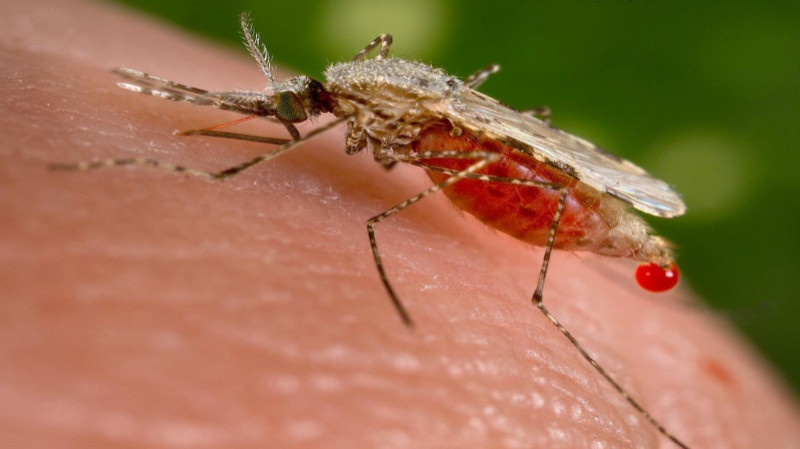In a tragic incident that has gripped the region, the death toll in the Kallakurichi hooch tragedy continues to rise, bringing the focus back on the need for stringent measures against illicit liquor. The disaster has left families devastated and the community in shock.
The incident began to unfold on a seemingly normal day in Kallakurichi, Tamil Nadu. Several individuals consumed illicitly brewed alcohol, commonly referred to as "hooch". This toxic concoction quickly led to severe poisoning, resulting in multiple fatalities and hospitalizations. The number of deaths has now climbed significantly, reflecting the gravity of the situation.
As the death toll rises, the state government has come into action. Officials have launched an intensive investigation to identify and apprehend those responsible for brewing and distributing the poisonous liquor. The Tamil Nadu Chief Minister has expressed deep condolences to the affected families and assured them of all necessary support.
In response to the tragedy, the government has announced a series of measures aimed at preventing such incidents in the future. This includes:
- Strengthening Law Enforcement: Increased surveillance and raids in areas suspected of brewing and selling illicit liquor.
- Public Awareness Campaigns: Educating the public about the dangers of consuming unregulated alcohol.
- Support for Victims Families: Financial aid and medical support for the families affected by the tragedy.
The consumption of hooch has severe health implications. The toxic substances used in its preparation can cause immediate symptoms like nausea, vomiting, abdominal pain, and dizziness. Long-term effects include damage to vital organs such as the liver and kidneys, and in severe cases, it can lead to blindness or death. In this particular incident, the rapid onset of symptoms overwhelmed local healthcare facilities, highlighting the need for better emergency preparedness.
The Kallakurichi tragedy has highlighted the need for stricter enforcement of laws against illicit alcohol. Despite existing regulations, the production and sale of hooch remain prevalent, driven by economic disparities and lack of awareness. The government’s response includes:
- Legal Actions: Prosecuting those involved in the production and distribution of illicit liquor to the fullest extent of the law.
- Social Programs: Implementing programs aimed at providing alternative livelihoods for those involved in the illegal liquor trade.
The community in Kallakurichi has been deeply affected by the tragedy. Local leaders and social organizations are coming together to support the bereaved families. There are also calls for more robust community policing to prevent such incidents in the future. Community awareness programs are being planned to educate people on the dangers of consuming unregulated alcohol and to encourage them to report any illegal activities related to hooch production.
One of the root causes of the hooch problem is economic disparity. Many individuals involved in the production and sale of illicit liquor do so out of economic necessity. Addressing this issue requires a multi-faceted approach:
- Economic Development Programs: Initiatives aimed at providing sustainable employment opportunities.
- Skill Development: Training programs to equip individuals with skills that can help them find legal and safer employment.
Healthcare providers play a critical role in managing the fallout from such incidents. The immediate medical response in Kallakurichi involved treating symptoms of poisoning and stabilizing affected individuals. Moving forward, there is a need for:
- Better Training: Ensuring that healthcare providers are trained to handle mass poisoning cases.
- Emergency Preparedness: Equipping local healthcare facilities with the necessary resources to handle such crises.
To prevent such tragedies in the future, the following measures are essential:
- Regulatory Reforms: Strengthening the regulatory framework to crack down on the production and sale of illicit liquor.
- Community Engagement: Involving community members in surveillance and reporting of illegal activities.
- Education and Awareness: Continuous public education campaigns about the risks of consuming hooch and the legal consequences of its production and sale.
This tragedy is a stark reminder of the dangers posed by illicit liquor. It calls for a concerted effort from the government, law enforcement, healthcare providers, and the community to prevent such incidents in the future. The measures announced by the government are a step in the right direction, but sustained efforts are needed to address the root causes and ensure the safety and well-being of all citizens. The incident has not only highlighted the immediate need for stringent action but also the importance of addressing the underlying socio-economic factors that contribute to the proliferation of illicit liquor.
.jpg)
 Community awareness programs are being planned to educate people on the dangers of consuming unregulated alcohol and to encourage them to report any illegal activities related to hooch production.
Community awareness programs are being planned to educate people on the dangers of consuming unregulated alcohol and to encourage them to report any illegal activities related to hooch production.









.png)
.png)
.png)








.jpeg)

.jpeg)










.jpg)




.jpg)

